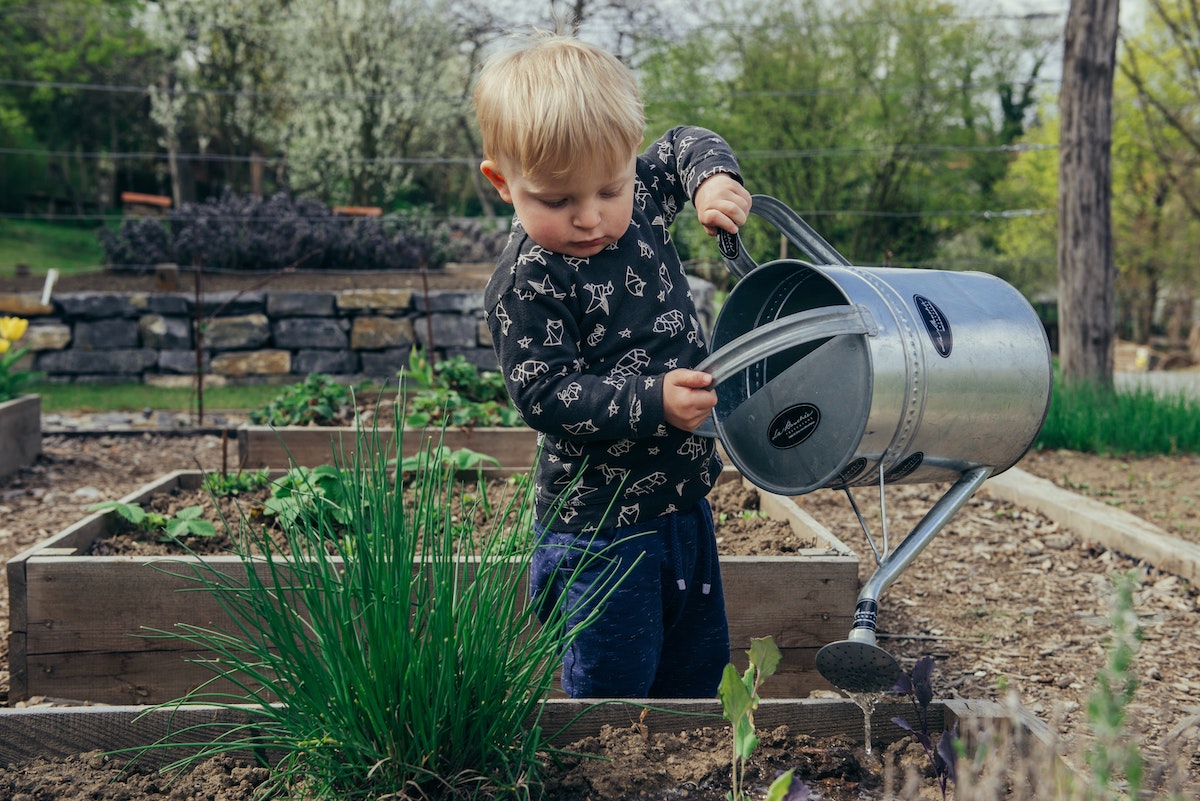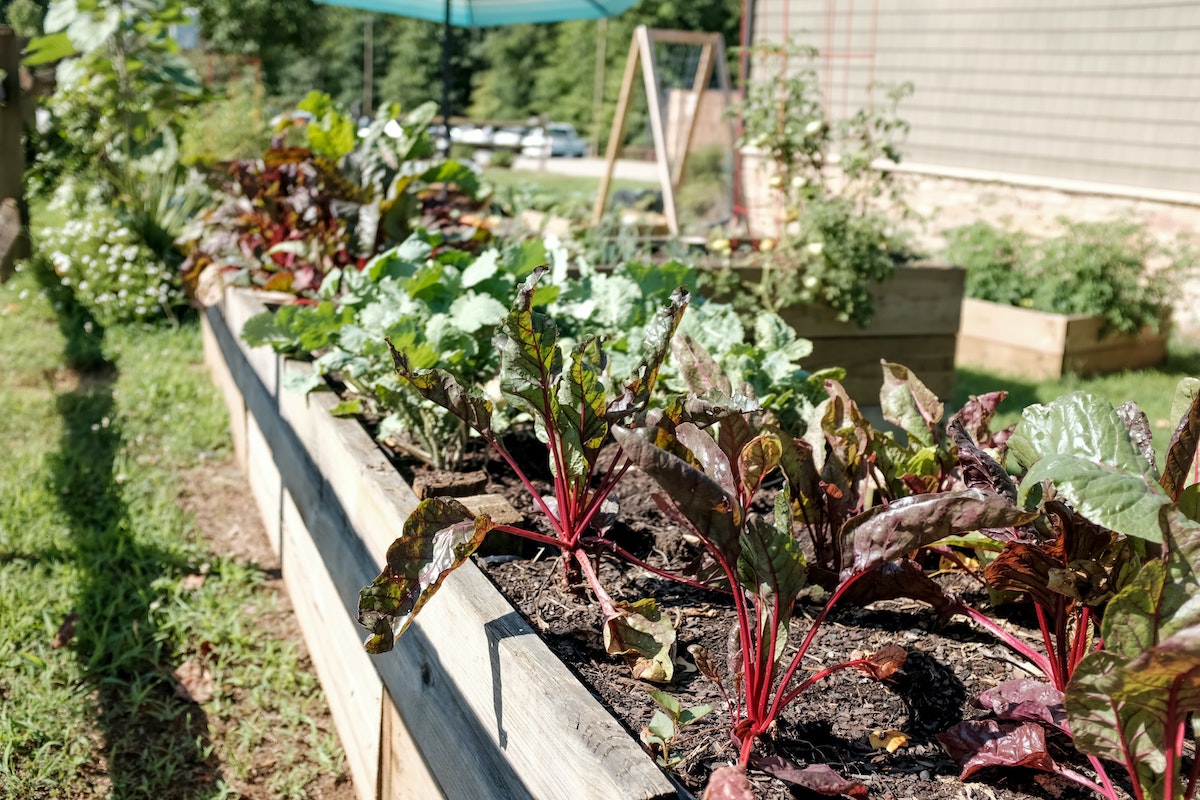
The younger generation nowadays is hooked on their gadgets. They grew up with more screen time than outdoor time. Of course, not all Gen Zs had the same upbringing, but they’re undoubtedly more immersed in technology than any other older generation.
The pandemic only made them more engrossed with technology. With so many free mobile apps available, they always have something to be preoccupied with. What’s more, they now have Netflix and social media. Being able to go outdoors isn’t a big loss to them since their screens can offer the same level of excitement, if not higher.
But being cooped up indoors for a long time can have adverse effects on their well-being. It keeps them from getting enough sunlight and fresh air. Though they can bask in the sun indoors and invite fresh air by opening some windows, it’s not the same as actually being outside. Interacting with nature is best when you feel one with them.
Since we’re still in the pandemic, how can we take them out without risking their health? The answer is in front of you, literally. Or maybe behind you. Take them out to your yard, and teach them gardening.
Why Kids Should Learn Gardening

Gardening is perceived to be a grown-up activity. However, it’s an ideal activity for kids and teens as well. Sadly, not many schools teach it, so only a few children take an interest in the activity. If schools teach gardening, they can encourage kids to appreciate nature and the outdoors more. In addition, gardening terms like raised beds, square foot gardening, and mulching won’t sound alien to children. Knowing those words and what they mean are basic life skills that would benefit them in their adulthood.
Kids don’t just learn about plants when they garden. They also learn to make healthier food choices, which is important, with many kids getting obese due to junk foods. If they understand how fruits and vegetables are produced, they’d be more conscious of their dietary choices. They’d know that fresh produce are healthier than fast food since the latter is free of preservatives and other unhealthy additives. What’s more, they can grow them in their own garden. Seeing their seedlings grow and turn into a meal can give them a sense of accomplishment.
Gardening also teaches responsibility. When kids volunteer to plant a seedling, they’re in charge of tending it. If it’s a produce, they’re also in charge of harvesting it. This gives kids goals that are more exciting than high grades or high scores in their favorite games.
So if you’re now ready to teach your kid or teen gardening, here are some gardening ideas perfect for their age range:
Gardening Ideas for Kids and Teens
- Let Them Decide What Kind of Garden to Make
They can choose among a vegetable garden, an herb garden, and a flower garden. If they’re particularly imaginative, they may even want a themed landscape garden, like a French garden, for example. It’s important to let them choose because it gives them control. Urging them to go gardening without giving any control will be no different from waking them up early for school — it will feel like a chore.
- Basic Garden Cleanup
To familiarize them with the soil’s texture, the plants, and gardening itself, have them help you when you clean the garden. They can mow the lawn or pluck out weeds. This allows them to pay attention to the garden, naturally invoking an interest in the plants.
- Make Raised Beds
For kids who seem intimidated by gardening, working on raised beds can be a good starting point. It gives them one specific area to focus on or one type of plant to tend to. Raised beds come in different types and designs. The typical one is a built-in raised bed that’s encased in bricks, usually housing flowers. For produce, square foot raised beds are more common.
- Animal-proofing
Kids are fond of animals, but stray deer or rabbits can wreak havoc in a garden. Protecting your plants using traps or toxic substances may pose a bad example to your kids, however. To teach them to appreciate nature, you should also let them understand that animals are just as important in the environment as your plants. So, instead of acting hostile toward your occasional garden visitors, just animal-proof your garden. You can enclose your beds with fences or upturned crates. If your kid has developed an attachment with the animal, you can let them feed it so it won’t chew on your plants.
- Harvesting
If you already have a vegetable garden, have your kids join you during harvest time. When they see the whole process of your farm-to-table food, they can appreciate the work behind your meals more. It may also encourage them to support organic farming.
Gardening teaches many lessons, so it deserves a spot in every kid’s and teen’s interests. There’s more to it than gorgeous flowers and greenery. It promotes good health, clean eating, and a happier home.



